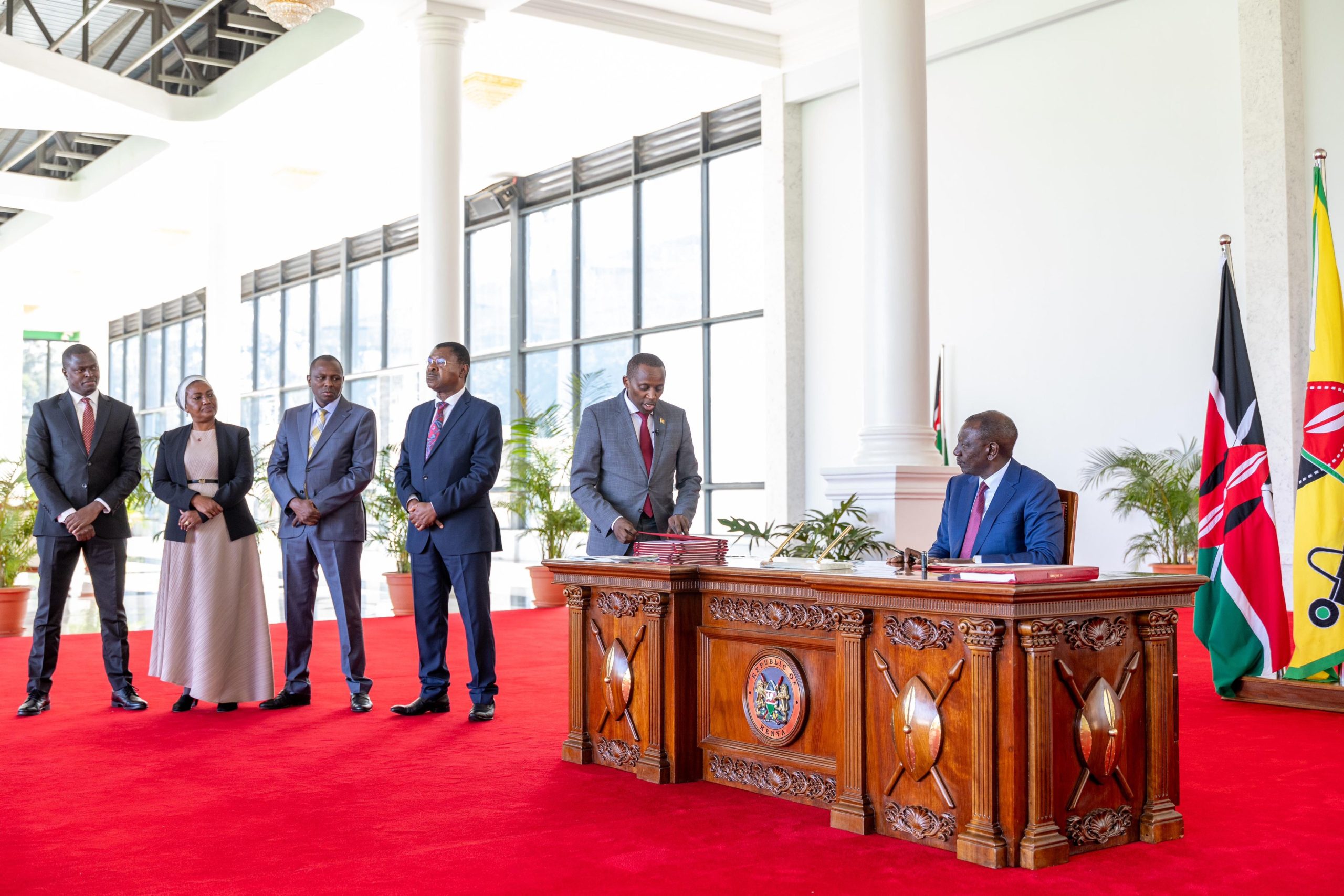Australian scientists develop sustainable gold extraction from electronic waste-Xinhua
CANBERRA, June 27 (Xinhua) -- Australian scientists have developed a more sustainable method to extract gold from both ore and electronic waste, potentially transforming gold recovery while reducing environmental harm.
With e-waste hitting 62 million tonnes in 2022, this new method offers a promising way to recover gold and ease reliance on harmful mining, helping tackle the growing e-waste challenge, according to a release from Flinders University in South Australia on Thursday.
This technique uses the inexpensive, widely available disinfectant trichloroisocyanuric acid -- activated by salt water -- to dissolve gold without the toxic byproducts of cyanide or mercury, the release said.
After dissolving gold, a UV-synthesized sulfur-rich polymer selectively binds it from complex mixtures (like e-waste). The polymer is then heated to release gold and regenerate reusable monomer, enabling circular recovery, said study published in Nature Sustainability.
This method offers a safer alternative to toxic cyanide and mercury in gold mining, reducing risks to ecosystems and communities, and especially benefiting small-scale miners who often use mercury, according to the interdisciplinary team at Flinders University.
The Flinders team has validated the technique on ore samples from international collaborators, aiming to support these miners with an effective, less hazardous gold recovery process.
"With the ever-growing technological and societal demand for gold, it is increasingly important to develop safe and versatile methods to purify gold from varying sources," said Lynn Lisboa, one of the lead authors of the study and Flinders University postdoctoral research associate. ■











